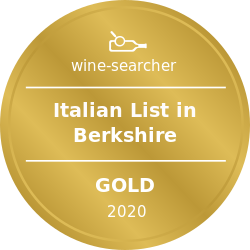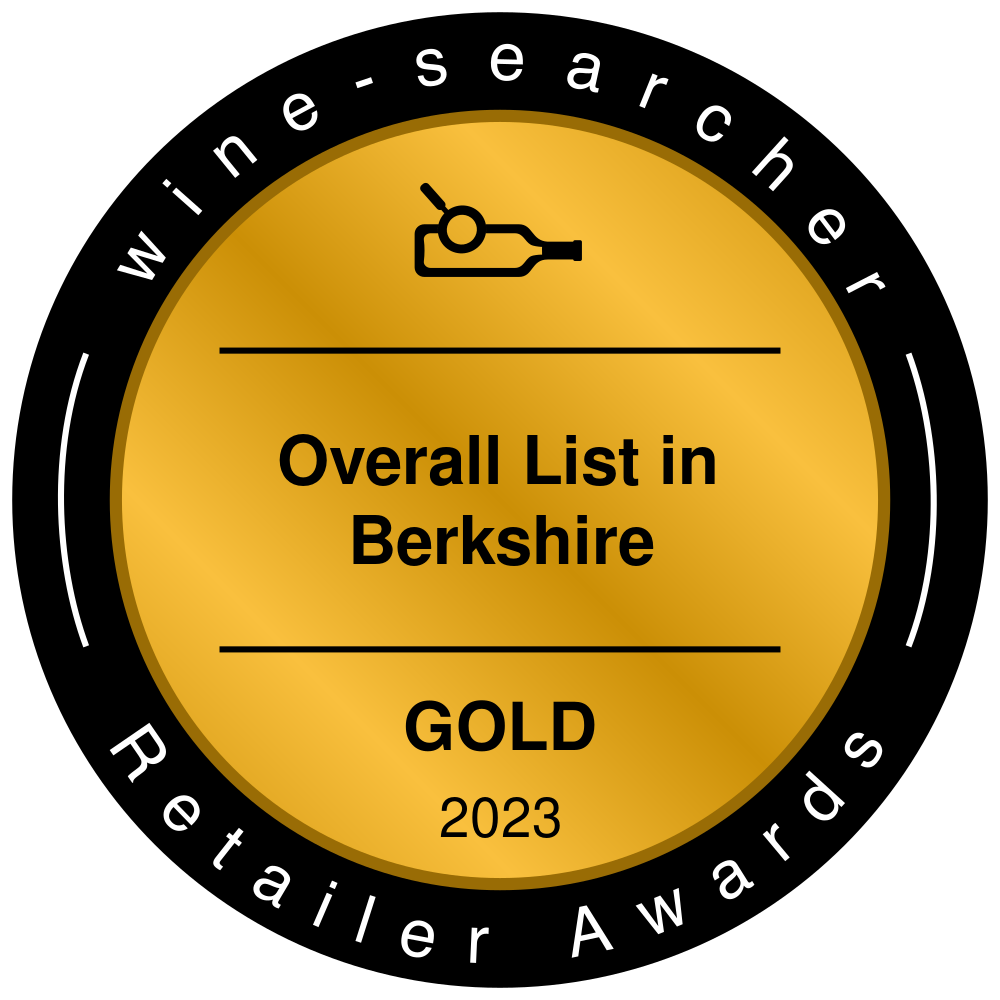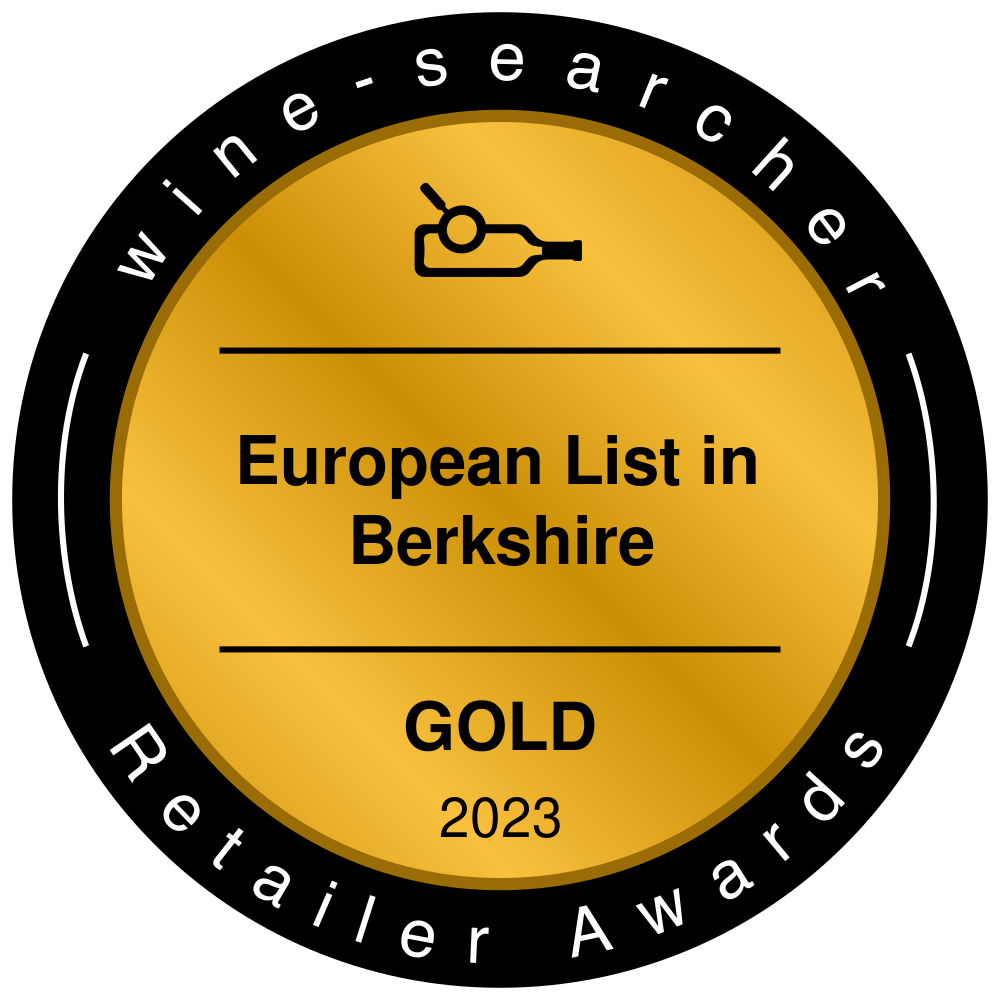The House of Deutz traces its origins back to the 1830s and the town of Ay. It produces distinctively elegant champagne from premier or grand cru vineyards, with a house style quite its own in terms of purity. Somewhat under the radar compared with several of the other grande marque houses, we nevertheless find it more consistent and thus of higher quality than many other non-vintage champagnes. Intensely gold in the glass, its fine mousse reveals its long rest on the lees. On the nose, aromas of refreshing lemons. Intensely elegant in the mouth, it is crisp and dry, with plenty of depth and that beautiful purity. A long time favourite at Eton Vintners and a definite crowd pleaser.
Delivery Charges
*Local Free Delivery: SL3 and SL4 postcode (Windsor/Datchet)
*Local Free Delivery: All SL (Except SL7), HP9, GU25, TW18, TW19 & TW20 postcodes. (Min. 6 bottles or 1 Hamper or 1 of our selected Wine cases purchased)
- England and Wales £12.00
- England and Wales Free Delivery (Over £200 purchased)
- Northern Ireland £30 (All BT postcodes)
- Scotland £15.00 (EH, FK, G, KA, KY, ML, DG and TD postcodes)
- Scottish Highlands and Islands £ 30.00 (All AB; DD; HS; IV; KW; KA27-28; PA; PH; TR21-25; ZE postcodes)
More Information
Champagne remains the pinnacle of sparkling winemaking, despite the proliferation of ’traditional method’ sparkling wines on the market. The region’s success continues unabated, even in recessionary times. The winning combination of top quality grape varieties, a northerly climate, hundreds of years of winemaking using the ‘méthode champenoise’, as well as an efficient marketing strategy, has ensured the reputation is upheld. The vineyards of Champagne cover an area of 34,000 hectares, or 3.4% of the entire French vineyard area. There are 15,000 growers who work these vineyards, with 150 cooperatives of varying sizes, and 300 Champagne ’houses’, or négociants. Most of the area lies on limestone soils, which is important in this relatively wet climate - amongst other benefits, limestone drains well, preventing problems associated with waterlogging or excess vine vigour.The primary grapes used in the production of Champagne are Pinot noir, Chardonnay and Pinot Meunier. Champagne appellation law only allows grapes grown according to appellation rules in specifically designated plots within the appellation to be used in the production of Champagne. Some sparkling wines produced in other regions of the world use other grapes.
In the Côte des Blancs, where Chardonnay thrives, the Vallée de la Marne has a sunny climate, bringing a fruitier, forward character to the wines, which is accentuated by the Pinot Meunier variety. Both the warmer slopes of the Montagne de Reims and the more southerly vineyards of the Côte des Bars, in the Aube, suit Pinot Noir well.











